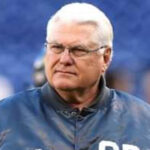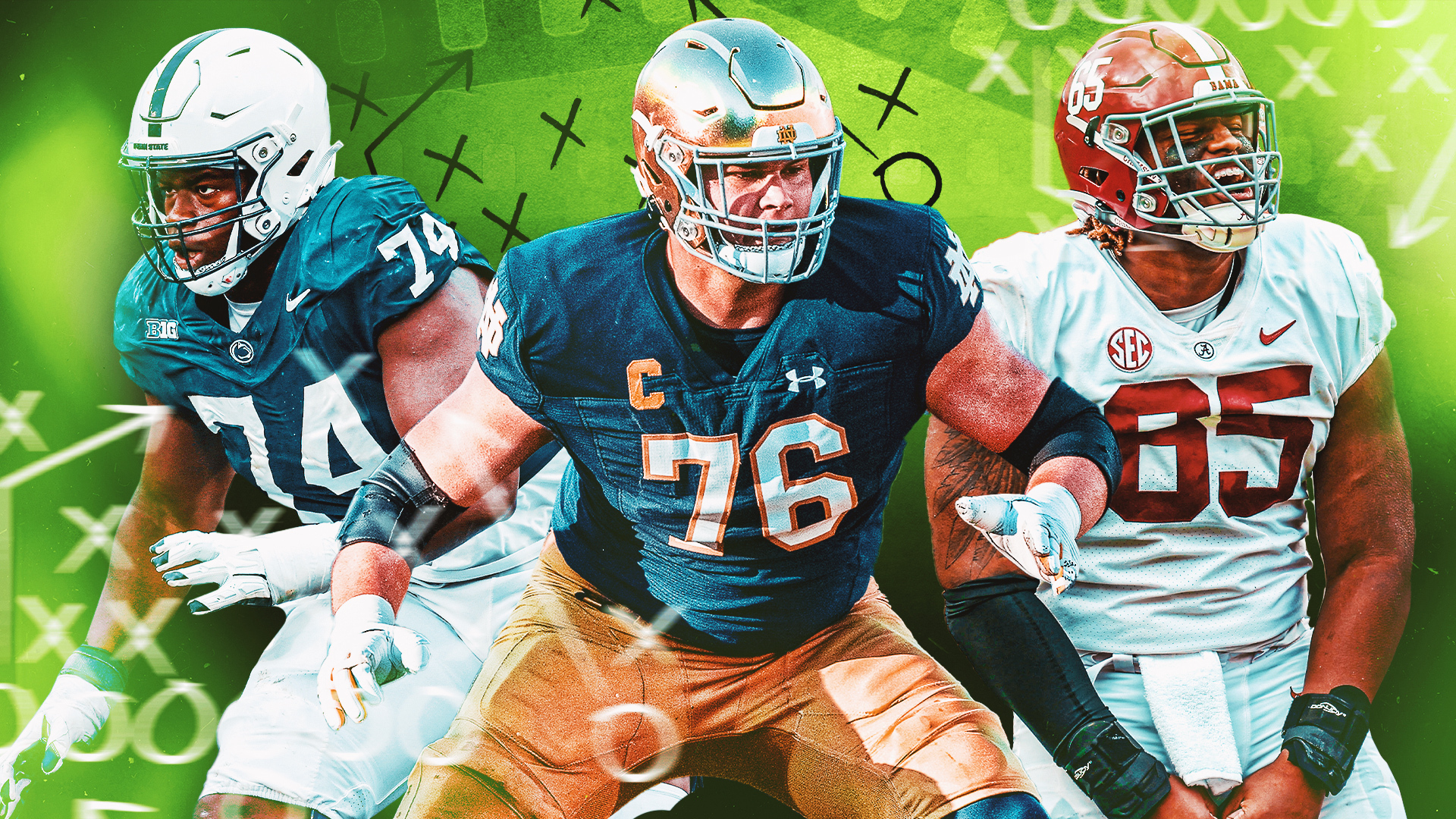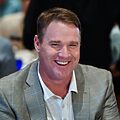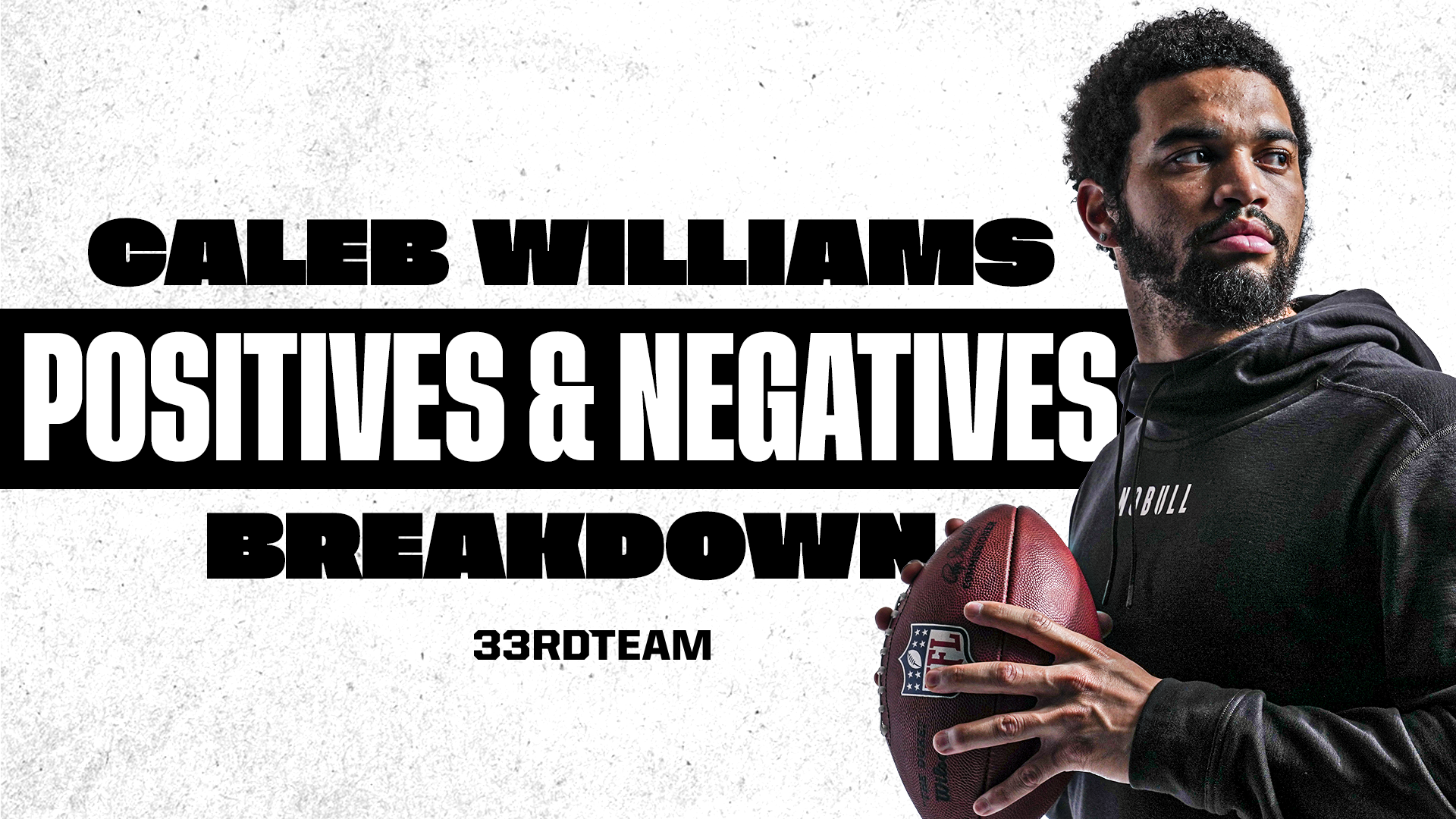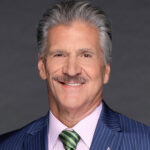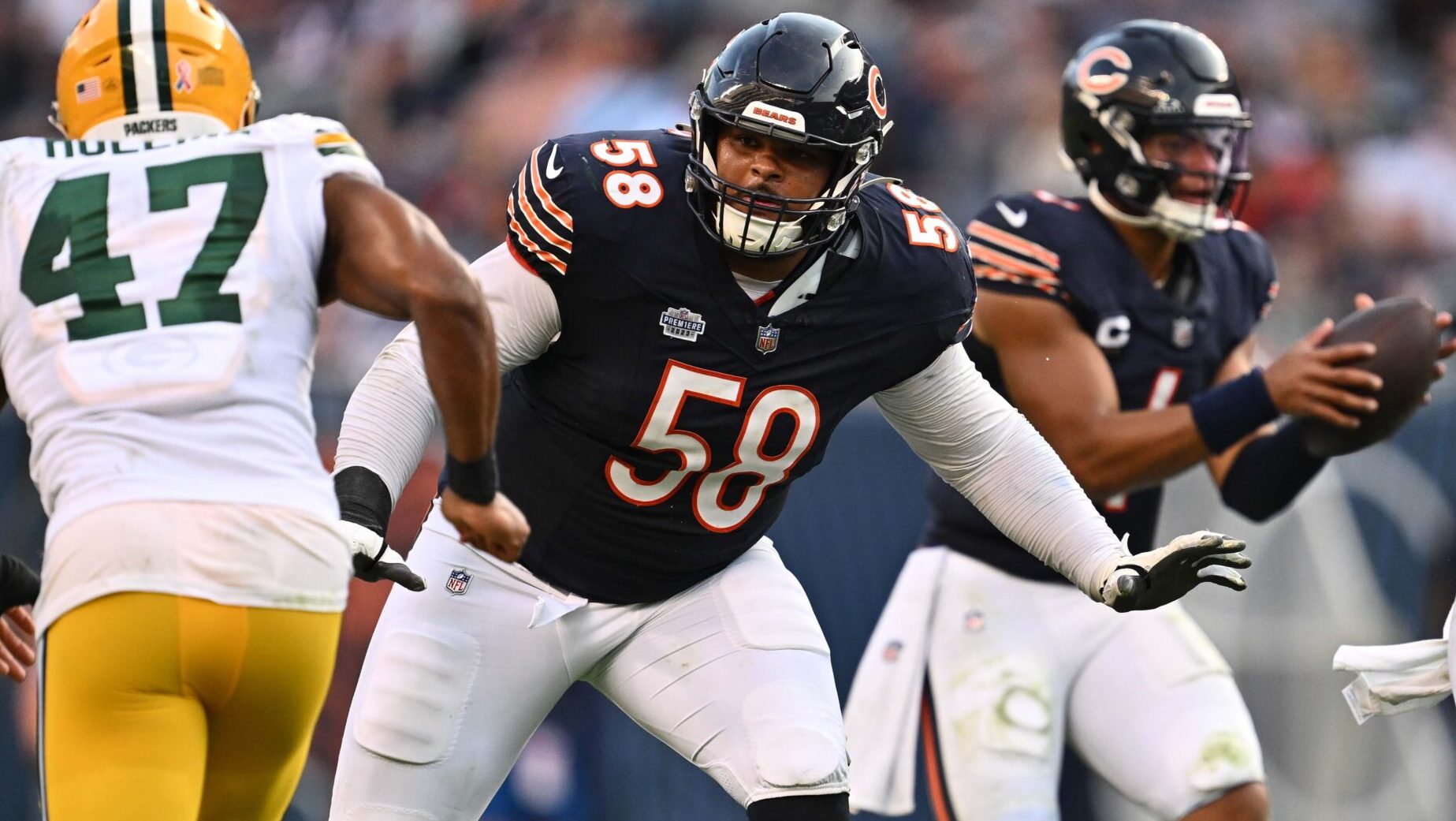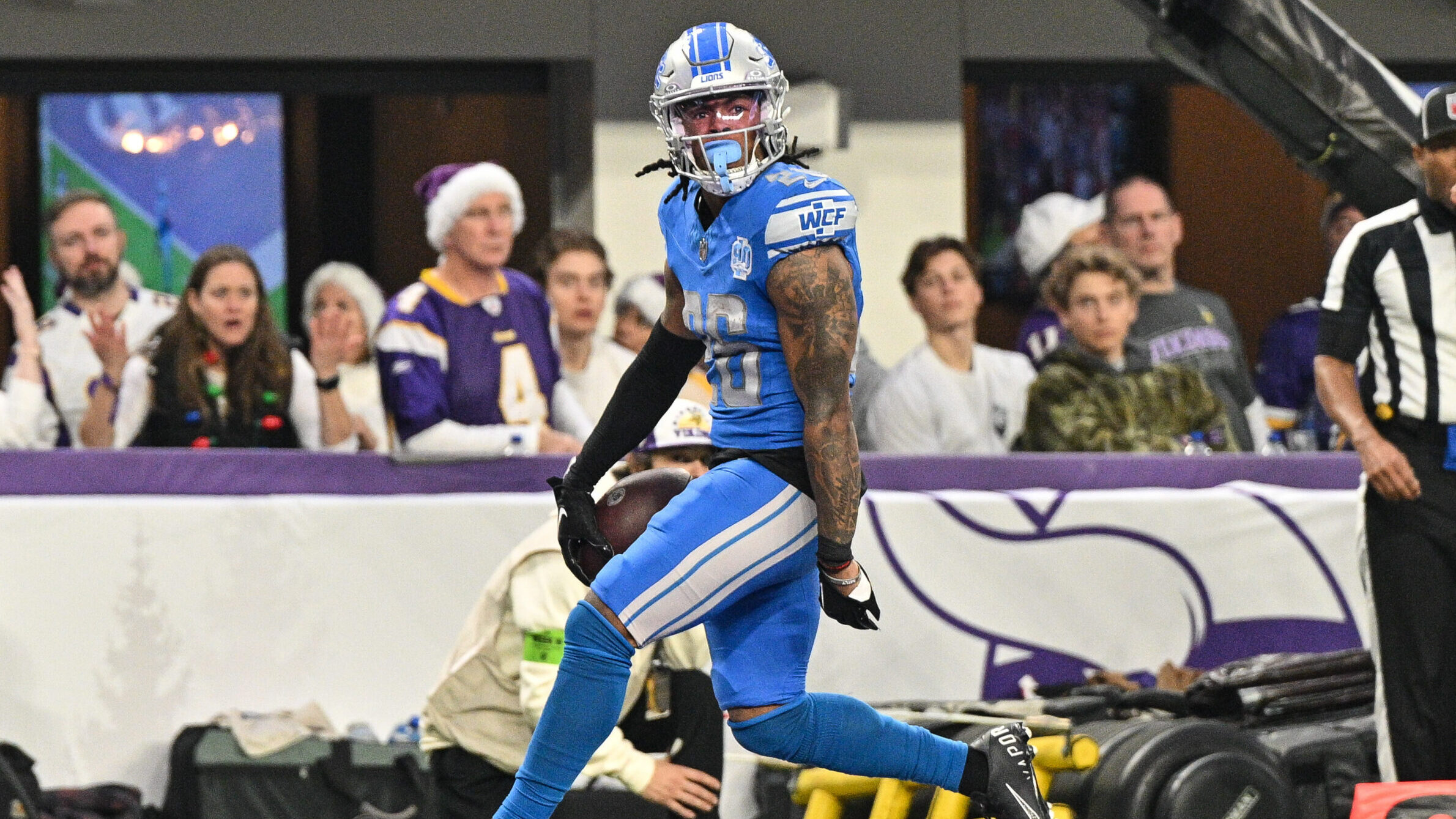Breakdowns
1/4/22
8 min read
Finding The Right Head Coach For Your Organization
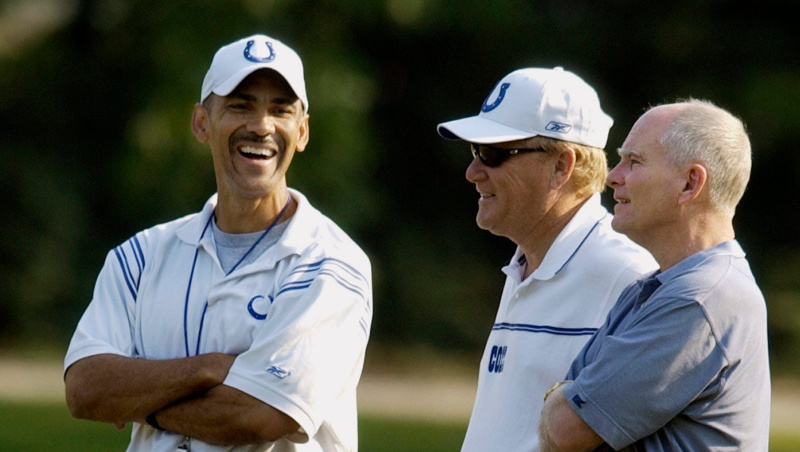
I led the process in the hiring of five head coaches, including Marv Levy, Dom Capers, Jim Mora, Tony Dungy and Jim Caldwell. The common thread among those five is leadership and teaching. Head coaching in professional football at its core is about those two things. Every great coach is a phenomenal teacher.
Recently, I finished writing a book with Vic Carucci called Super Bowl Blueprints, which is an oral history composed through the eyes and words of owners, general managers, coaches and players that touches on some of the NFL’s greatest teams, including: the 60s and 70s Raiders, the Steel Curtain Steelers, the Parcells Giants, the Joe Gibbs Redskins, the Bill Walsh 49ers, the Holmgren Packers, the Jimmy Johnson Cowboys, and our Bills and Colts teams with Coach Levy and Coach Dungy.
What I learned from writing that book is something I had not totally focused on before, which is that to the players — the most important people who are out there performing every week — the head coach is the be all and end all.
He’s the person they strive to impress. He’s the guy that in many cases they’re wary of or afraid of because he controls their professional destiny. And most importantly, he’s the man that can take them higher than they think they can go.
In every one of the cases in Super Bowl Blueprints, the personalities were different and the approach was different. You couldn’t find two more disparate personalities than Bill Parcells and Bill Walsh. And yet, the results were the same.
Everything that those great coaches did, including systems of football, were unique to them. But the common thread was the fact that they can teach, they can inspire, they can lead, and they use their skills as a coach to make players better than they themselves thought they could be.
Leadership, teaching, and vision are the common denominators with all the great coaches I have worked with. From CFL Hall of Famer Cal Murphy and Coach Levy to Capers, Dungy, Mora and Caldwell, every one of the great coaches I have worked with had the ability to inspire the players because of their personal characteristics and the way they conducted themselves with the team. You can feel that in the interview. It’s not about the ‘rah-rah’ speech at all. It is about the ability to connect with the player, the assistant coach, or whomever else in the organization. That connection builds a reverberant belief in the vision of the head coach.
When I first became the General Manager of the Bills, the late great George Young, who was the General Manager of the Giants, was very gracious and shared a great deal of advice with me. One of the things he said was always keep a list in your upper left-hand drawer of 5-to-8 potential head coaching candidates because you never know what may occur. You never know when you may need that list.
Sure enough, in Buffalo, Coach Levy got sick, and we had a succession plan in place with Elijah Pitts. When I was in Indianapolis, Tony’s son passed away and we had already named Jim Caldwell as assistant head coach, so he stepped in and took over during that tragic time. George’s advice was well-founded, and I had to use it unfortunately.
When I was a scout in Montreal, Coach Levy said that my job as a scout was not just to scout players, but to scout coaches as well. He told me that when you come across an outstanding coach who strikes you as someone that would be worth considering for our staff, note that and keep a file. That way we always keep our staff green and growing. I applied that same logic to that head coaching list and gave our scouts the same task when I became General Manager that Coach Levy had given me as a fledgling scout.
To keep the list updated we would get together every year during OTAs after the draft was finished for a sit down with a group of senior scouts to update the potential head coaching list based upon what they had seen. The pro scouts had particular input in that because they are the ones that are looking at the tape every week and they know better than anybody in terms of who is or is not doing a good job.
As you might expect, our list — and I suspect many other lists around the league — looked different from what appears in the press.
In the search process, decision-makers should do what they can to avoid being influenced by the media. Simply rely on your own internal and external sources. When you’re researching a coach, you talk to knowledgeable people around the game and ask in-depth football questions.
In this day and age, just like in every other facet of media, there are agents or lawyers who work hard to get their clients' names in front of the public. That spin is to some degree self-serving, and decision-makers in the head coaching process should be wary of it.
Edgar Allen Poe said, “Believe none of what you hear and only half of what you see.” That was good advice back then and it is good advice now.
What you should believe is what you learn in the interview/research process.
For me, the interview process was lengthy. Some do it more quickly than I did, but for me it was lengthy because we were going to discuss a lot about the nuts and bolts of football.
The most important question and discussion throughout the interview is vision — asking the coach what their vision is for this team and what the team can be.
I was never looking for a specific answer when asking about a coach's vision. I was looking for an answer that tells me he knows how he wants our team to play.
Ironically, the coaching interview was no different than the interviews we did for Super Bowl Blueprints. I said to Jimmy Johnson, “Jimmy, take me through how you approached the Cowboys coming out of a college situation in Miami, what you saw, and what you thought the Cowboys could become,” and away he went.
That’s what you’re looking for. Through all that, his philosophy will become apparent.
When I was hired to become the General Manager of the Carolina Panthers in their first year as an expansion team, I knew Dom Capers was the right man for the job because of his vision, personality, and preparation.
Dom was meticulous in terms of his organization and how he approached the day-to-day job. That was particularly compelling and outstanding because I knew that in a new situation, we needed someone who could start with a blank sheet of paper and organize everything from start to finish.
Secondly, his approach to defense at that point in time was unique in that the zone blitz, or fire zone blitz as many call it, was brand new at that point in time and he was an expert at it. Third, and perhaps most importantly, Dom was a phenomenal teacher. A lot of what Dom said in the interview process was similar to Coach Levy’s philosophy.
Tony Dungy was similar. Marv, Dom, and Tony never crossed paths. And while their X’s and O’s were different, their philosophical approach to football was the same.
We hired Tony after just one interview. We played against Tony’s teams in Tampa Bay when I was in Carolina. He was high on our list in Carolina as a potential head coaching candidate while he was the Defensive Coordinator in Minnesota.
I knew a lot about Tony at that point and had served with him on the competition committee, so I knew what kind of person he was and that we would get along. I had an inkling that our philosophies were the same.
Tony says the interview went for eight hours. It seemed to me to be more like five, but we were talking football, so I’ll take his number as the correct one.
Early in the interview I asked him to take me from the beginning of OTAs through training camp and how we were going to get the team ready to play. He started to answer and stopped a few paragraphs in and said, “Have I said something funny?”
I said, “No, why?”
He said, “Well, you’re smiling.”
I said, “Oh, excuse me. I’ve heard this all before verbatim from Coach Levy.”
It was the same philosophy, even the words were the same. They had never crossed paths before, other than when Coach Levy tried to recruit Tony to play for the Montreal Alouettes when Tony was a young quarterback coming out of college.
When it comes to finding your head coach, “you know when you know.” That crystalized it for me. When you find the right person, pull the trigger, don’t wait.

